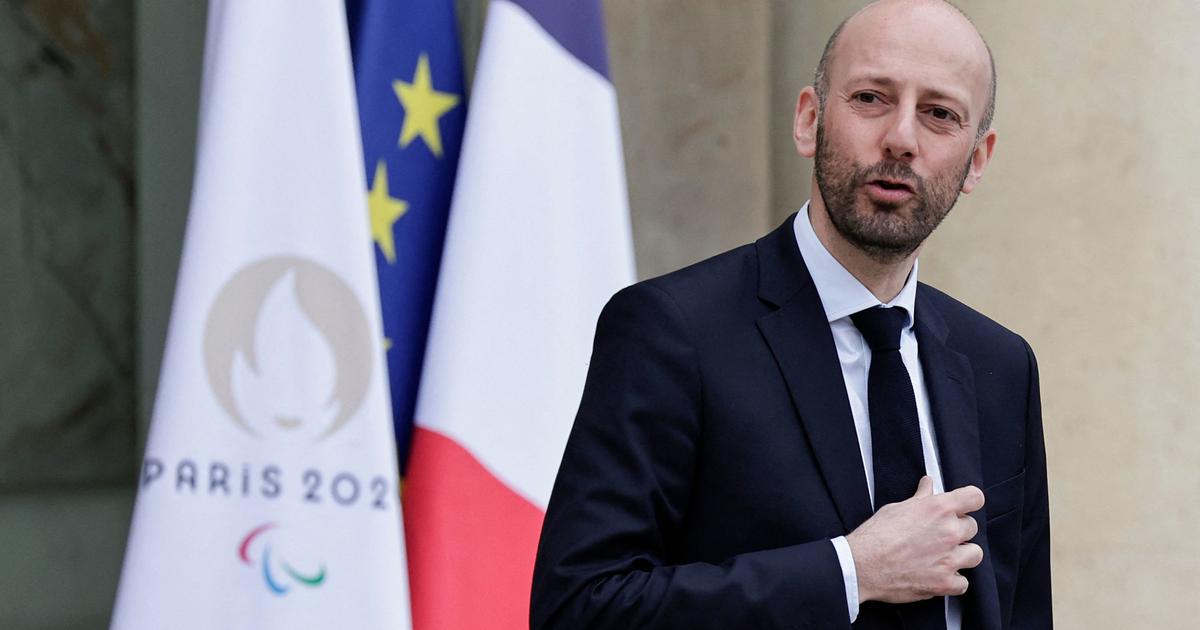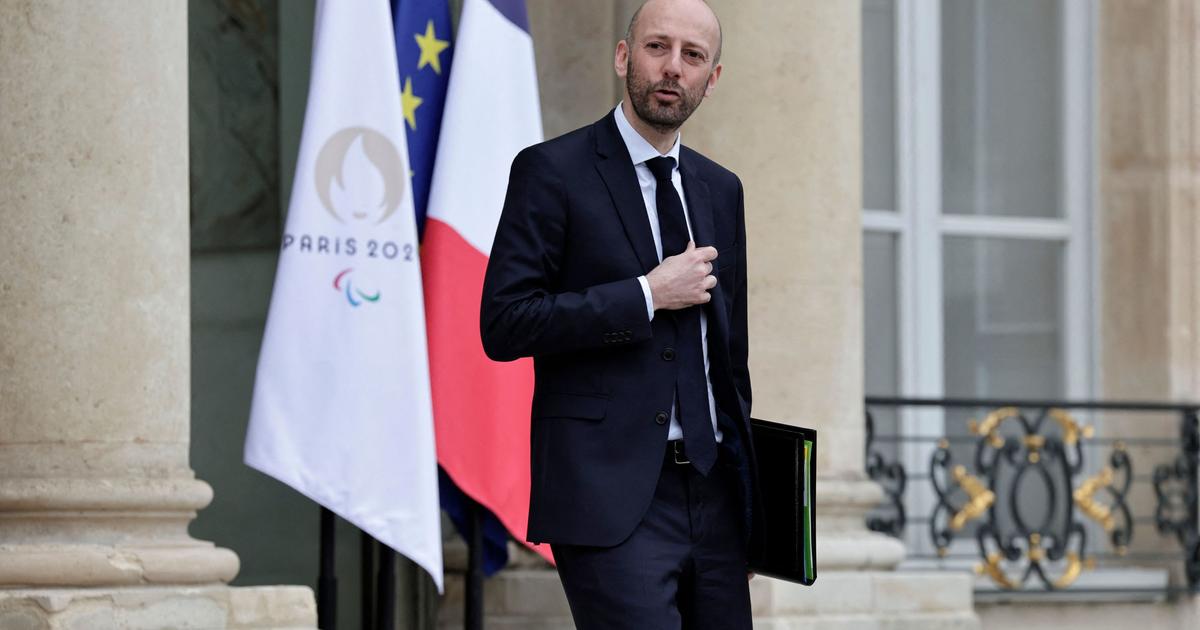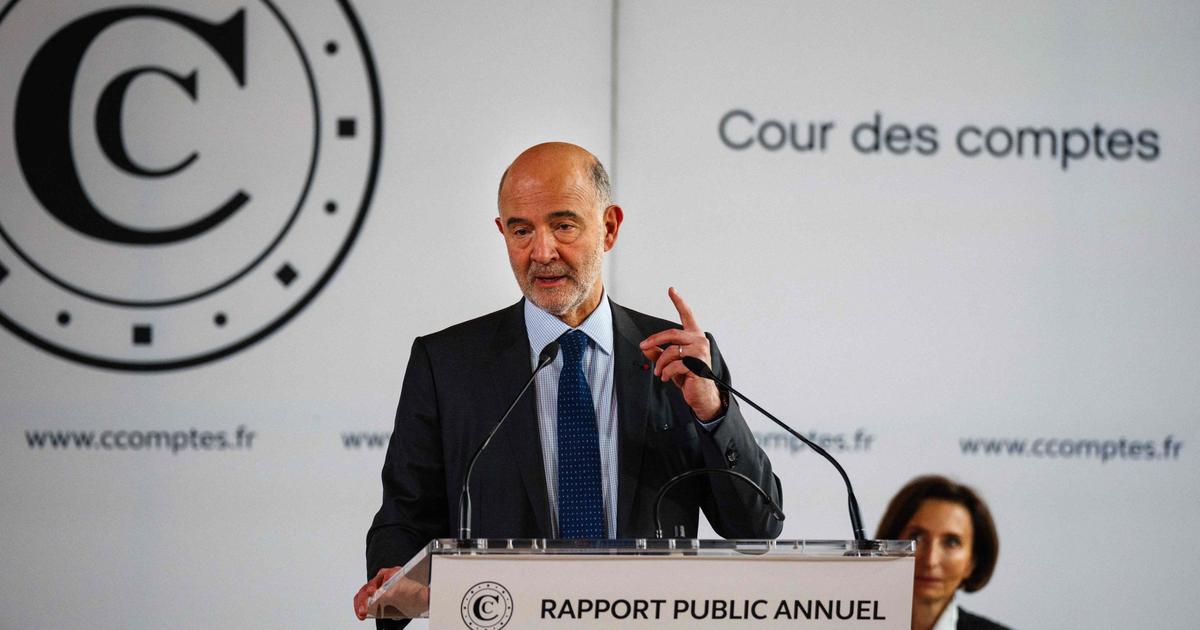This bill is eagerly awaited, as the stakes are high.
This Monday, the government presented its budget for 2023 to the Council of Ministers.
A difficult job, in a context of war in Ukraine, inflation and the increasingly visible consequences of global warming.
The Minister of the Economy recognized this: “France is to the nearest euro” and “no new expenditure” can be introduced during parliamentary debates if it is not “financed to the nearest euro”.
A message for deputies and senators, who will have to discuss the text.
Read alsoBudget 2023: the end of “whatever the cost”
The winners, the losers
Each year, the budget bill inevitably makes people disappointed, who lose in budget compared to the previous year, and people satisfied.
For 2023, the government plans to inflate the sums allocated to work, with an increase of 42.8% compared to last year.
The ecological transition will also see its budget increase, but partly via the tariff shield, specifies Le Monde.
National Education is also a winner, with 60.2 billion euros, i.e. 6.5% more than in 2022. It is also planned to increase the justice budget by 7.9% in 2023, i.e. 9.6 billion euros.
As for defence, it is allocated 43.9 billion euros, which corresponds to a 7.3% increase.
Conversely, four missions saw their appropriations decrease compared to last year: the recovery plan (-66.2%), "Investing for France in 2030" (-12.9%), the economy (-9.8%) and veterans (-9.5%).
With regard to the economy, this decrease is mainly explained by the absence of appropriations allocated in 2023 for the “financing of heritage operations in 2023 on the special allocation account
Financial participations of the State
”.
The fight against inflation and the energy crisis
This is necessarily one of the main concerns of the 2023 budget. First, three billion euros must be devoted to helping businesses.
For households, as had already been announced, indexing the income tax scale to inflation will cost 6.2 billion euros.
This measure makes it possible to prevent salary increases planned to cope with inflation from leading to a change in the tax bracket.
Regarding energy, as announced even before the release of the Council of Ministers, the energy renovation of housing (via MaPrimeRénov) will be financed to the tune of 2.45 billion euros, against 2 billion in 2022. Euros will be devoted to maintaining the “tariff shield”, which should make it possible to contain the rise in electricity and gas prices to 15%.
The 2023 budget "still leans a little too much on the side of fossil fuels", acknowledged the Minister of the Economy, Bruno Le Maire.
Boost for civil servants and teachers
The 2023 finance bill provides for the creation of 10,764 civil servant positions.
In detail, the Minister of the Interior and Overseas gained 3109 posts, that of Justice 2313 posts and National Education 2000 posts.
It also implies an increase in teachers' salaries.
For this, an envelope of 935 million euros will be made available.
In addition, an envelope of 1.7 billion euros is allocated to finance the increase in the index point on July 1, 2022 for all ministry staff.
Accommodation places for refugees
In the context of war, the government plans to finance 5,900 accommodation places dedicated to refugees and asylum seekers in various reception and emergency accommodation centres.
The new budget thus provides for a 6% increase in the “immigration, asylum and integration” envelope.
Some sources of savings
In parallel with all these expenses, several savings are also planned in the 2023 budget. Le Monde cites credits allocated to emergency and recovery missions linked to the Covid crisis for 8.8 billion euros, the strengthening of the fight against VAT fraud and corporate social fraud, or electronic invoicing.
France will also cease at the end of 2022 to grant aid for new projects for the exploitation of fossil fuels, oil or gas.
Other sources of savings could be found by amendment during parliamentary debates.
Two other reforms, that of pensions and that of unemployment insurance, should also contribute to this.







